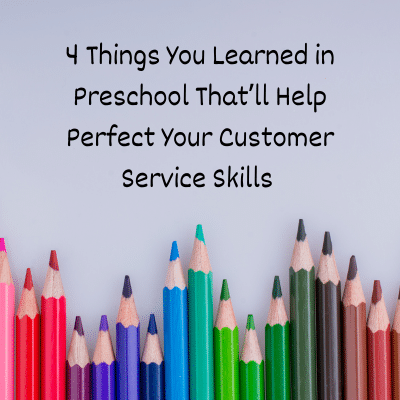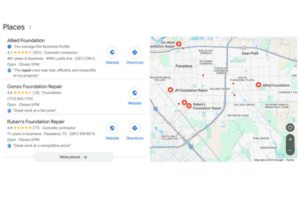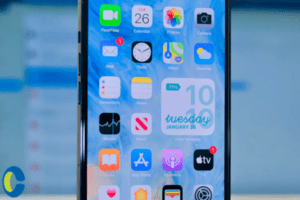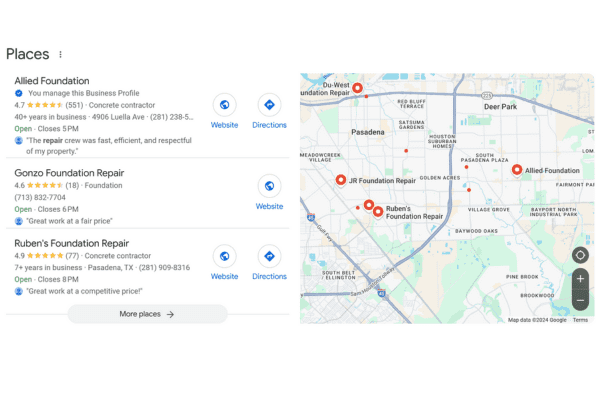As a child grows up, they reach an age where they start gearing up to join the education system. They are to not only be taught math, science, and social studies, but to learn how to deal with real life experiences as well. Some kids get to “practice” school before joining in. Some call it VPK, but back in the day it was called preschool.
Regardless of what VPK your child goes to, the hope is that at the end of the year they will be equipped with the knowledge and discipline needed to join elementary school. Some of the skills you learn in preschool can still be used as you get older. These skills are life skills that will help you have a better life – even improve your work.
Empathy
“If I was in your position, I would feel the same way.”
Empathy is the ability to understand and share the feelings of another . Some kids start school not having an understanding of how others feel around them at home, let alone other kids they don’t know. The reasons could be that some kids are the first child in their household, they don’t socialize with same-aged peers, they have been the only child in the house since infancy, they have not bonded with the members of their family… the list goes on. Knowing how to get along with others is not something we are born knowing, or something we do without practice.
Learning this is an essential skill, as it can be applied to many parts of your life. If one can empathize with a customer, one can better understand their needs and concerns. They will also feel as if their problems matter and that they being heard by a sympathetic ear that is willing to fix what is wrong.
When dealing with customers, you may not always have a solution but you can always have empathy. You can always make a customer feel as if you understand them and their point of view. You want this positive association between your brand and your customers.
Statistics show that most customers try to fix their issues on their own before they call into support or show up in the store. This means you are their last ditch effort sometimes, so keep in mind that they may have been dealing with their problem a lot longer than you originally thought.
Though some people have an aptitude for emotional intelligence and a natural ability to show empathy, it is something you can learn and practice if you don’t… just like in preschool.
Patience
“I appreciate your patience.”
Patience is the capacity to accept or tolerate delay, trouble, or suffering without getting angry or upset. Children get taught patience at a young age, as parents have to teach their little ones that sometimes you have to wait for the things you want. Preschool reinforces this, as kids need to be patient while waiting for their turn, to go to the bathroom, eat their snacks, etc. Patience will go a long way in various facets of your life. It’s a virtue we should always use, no matter the situation. Customer service is no exception. Being patient with your customers, even when they are very difficult, is hard to do.
It would be easier to tell them your department is not responsible for their issue or problem, but you are the face of the company, no matter what department. If a customer is agitated or angry you must keep your cool. Showing your customer pa tience will help them feel that you are more in control over the issue. In some cases, patience won’t be enough; but you must show professionalism.
Communication
“What can I do to make your experience with us better?”
Communication is a process by which information is exchanged between individuals through a common system of symbols, signs, or behavior. Communication is a skill that children of all ages should know, as they need to learn to communicate what they want or need. Babies communicate by crying when they are in need of a diaper change, when they feel hunger, or when they just want love. As they become capable of speech, they are taught to use words to express what they want and need. At preschool, they will get a better idea of how communication works.
Communication is a very useful skill at work, especially with customer service. Having good communication skills is important for your customer to help them understand what you are presenting to them, whether it’s a product, company policies, or even just instructions on how to restart their wi-fi modem.
One important tip for good customer service is to learn how to communicate next steps and expectations. If you need to resolve an issue over multiple phone calls, make sure you let them know you will be calling again and at what time. Customers hate to be in the dark – you wouldn’t leave your friend hanging about your lunch plans, so be sure treat your customers with the same courtesy.
Accountability
“You’re absolutely correct, sir/ma’am.”
Accountability is an obligation or willingness to accept responsibility or to account for one’s actions. Children learn to be held accountable for their actions, as it is important for them to know that their actions have consequences. They learn to take ownership for their mistakes and the importance of apologizing. This is a big deal in customer service, especially when digital purchases are part of the mix. Mistakes can include things like sending the wrong product, sending a low-quality or broken product, unexplained charges, or providing a negative experience in general.
Customer service reps are the ones that customers call when one of these problems arise. The customer doesn’t want to hear excuses, they want their problem to be fixed. Sometimes, customer service’s job is to do just that and say, “We are so sorry for the inconvenience. We will fix it”. This type of acknowledgement and ownership can be very difficult for some people.
The skills we learn as children are ones we like to forget about as we feel they have no value for us as adults. However, they are the ones that form our character as we get older. From saying ‘ please’ and ‘thank you,’ to knowing our numbers and our colors, they are the building blocks of our present selves.
Without these skills, the customer service arena would be uncomfortable and bumpy. Think about it – the opposites would be apathy, frustration, disagreement and blame. This would not be constructive to a positive customer service experience.
The next time you think about your preschool years, remember those valuable skills you learned and apply them to your life and work. Just remember your customers are one of the most valuable assets to your company. The customer can either make you or break you with a bad review or from word of mouth.















